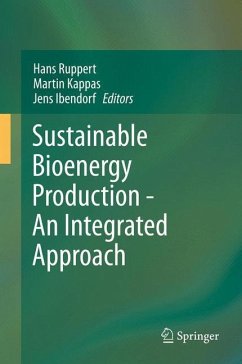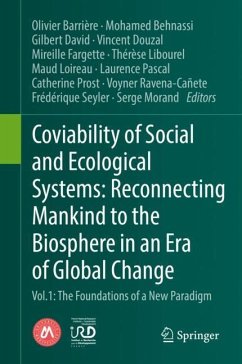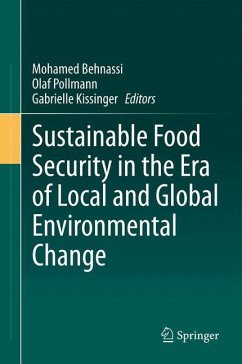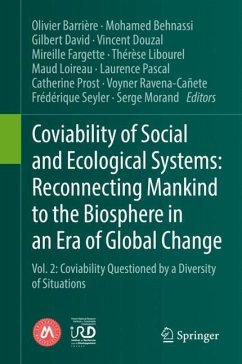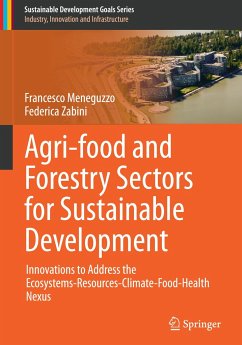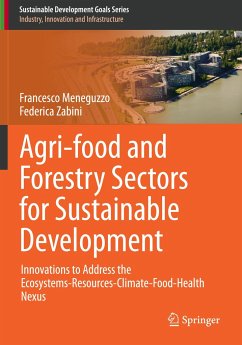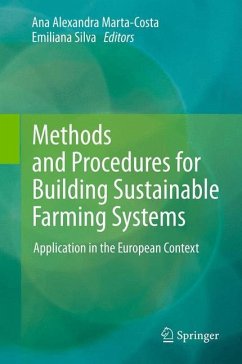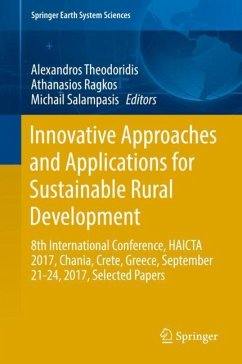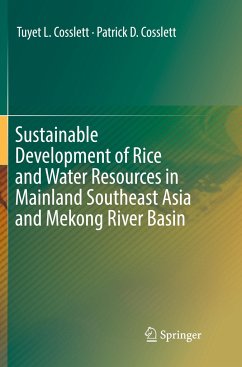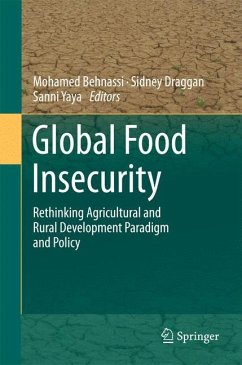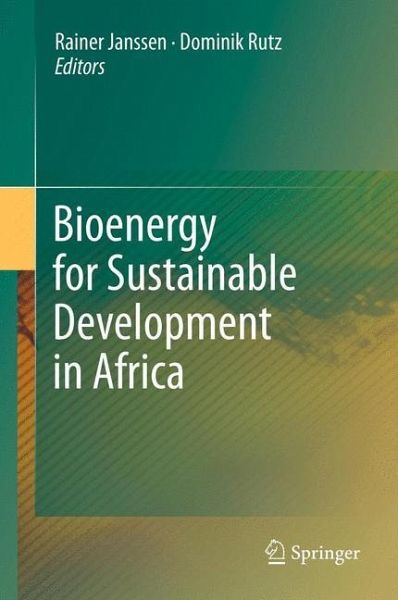
Bioenergy for Sustainable Development in Africa

PAYBACK Punkte
58 °P sammeln!
The book Bioenergy for Sustainable Development in Africa is a response to the current global discussion on sustainability of biofuels which often neglects the needs and perspectives of developing countries. In five parts on Biomass Production and Use , Biofuel Technologies and Markets in Africa , Biofuel Policies , Sustainability of Biofuels , and Financing and Socio-Economic Issues the book addresses in 30 chapters bioenergy development opportunities for Africa and related risks. Contributions to this book are based on the experience of selected authors from Africa, Europe, and other continen...
The book Bioenergy for Sustainable Development in Africa is a response to the current global discussion on sustainability of biofuels which often neglects the needs and perspectives of developing countries. In five parts on Biomass Production and Use , Biofuel Technologies and Markets in Africa , Biofuel Policies , Sustainability of Biofuels , and Financing and Socio-Economic Issues the book addresses in 30 chapters bioenergy development opportunities for Africa and related risks. Contributions to this book are based on the experience of selected authors from Africa, Europe, and other continents, including researchers, investors, policy makers and other stakeholders such as representatives from NGOs.
This publication builds upon the results of the COMPETE Bioenergy Competence Platform for Africa which was supported by the European Commission in the 6th Framework Programme for Research from January 2007 to December 2009.
This publication builds upon the results of the COMPETE Bioenergy Competence Platform for Africa which was supported by the European Commission in the 6th Framework Programme for Research from January 2007 to December 2009.





